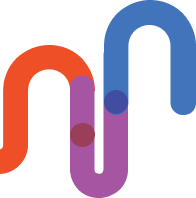

As digital media continues to evolve, so too do the opportunities and challenges it presents to German society. https://www.bmwk.de/Redaktion/DE/Dossier/digitalisierung.html
In the education sector, the rapid digitalisation prompted by the coronavirus pandemic has pushed schools and universities to rethink their teaching methods. https://www.empirische-bildungsforschung-bmbf.de/de/Digitalisierungsschub-durch-Corona-Eine-wissenschaftliche-Perspektive-2060.html

While there has been significant progress, there is still much to be done in terms of providing high-quality digital tools and ensuring that all students have equal access to them.
In vocational training, digital media has also made its mark, with work process-oriented training becoming a standard practice in Germany. https://www.bibb.de/dienst/dapro/daprodocs/pdf/eb_32305.pdf
Discussions around how digital tools can improve the quality and efficiency of vocational training have been ongoing since the late 1990s, and these conversations remain relevant as the country looks for ways to further modernize its workforce. https://www.e-fi.de/fileadmin/Assets/Studien/2021/StuDIS_10_2021.pdf
Digitalisation is not just limited to education and the workforce, though. It touches all aspects of life, from how people communicate to how they engage in their communities. By focusing on inclusiveness and accessibility, Germany is taking meaningful steps to ensure that digital media serves as a tool for social cohesion and economic growth in the years to come. https://www.bmwk.de/Redaktion/DE/Publikationen/Wirtschaft/jahreswirtschaftsbericht-2016.pdf?__blob=publicationFile&v=18